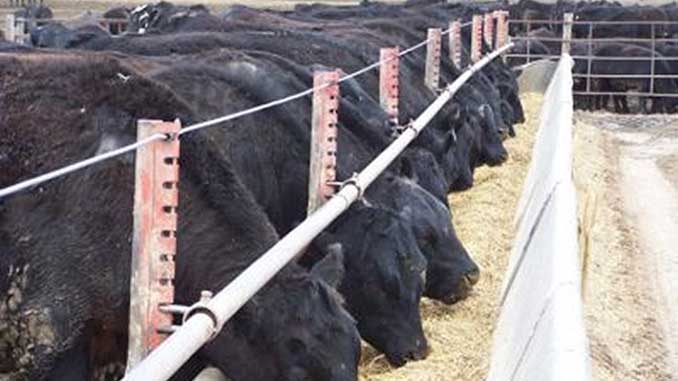Ag Informer – Feed Supplies Running Low?

Rail bottlenecks in the U.S. are not improving, and in some cases, growing more severe. Feed users in California and the Southwest are having issues sourcing grain, with some reporting they are paying $3 over the CBOT price to secure grain by truck. Not only are feed users on the brink of running out of grain, but there are also concerns the rail issues could grow worse during harvest this fall.
The National Grain and Feed Association (NGFA) says their members have been seeing issues since late winter and early spring, which then caused the Surface Transportation Board (STB) to hold a hearing in August. While the industry thought the issues would improve by summer, labor issues are not getting better.
Fears of Running Out of Feed
According to Trains.com, Foster Farms, the largest chicken producer in the western U.S., asked federal regulators to issue an emergency service order last week that would direct Union Pacific to prioritize corn shipments that thousands of dairy cattle and millions of chickens and turkeys depend upon.
While a combination of weather, supply chain issues and other factors are creating the severe scenario, the main issue seems to revolve around labor. According to NGFA, railroads were already down about 25% in staffing prior to the COVID-19 pandemic. Then, problems during the pandemic only exacerbated the labor issue.
Congress Urges STB to Take Action
This week, 51 members of the U.S. House of Representatives signed a letter and sent to the STB regarding issues with the rail system in the U.S.. The letter asked STB to continue to work through the current rail issues with all stakeholders in order to address short-term challenges and find a resolution.
The Senate sent a similar letter to the STB in May.
More Issues Due to Labor Discussions/Disputes?
Another issue with labor are union and other labor discussions and disputes. Erikson points out the International Longshore and Warehouse Contract with Pacific Maritime Association expires Friday, July 1. Erikson says the two parties have been negotiating and committed to stay working, there could be other ripple effects.
Ahead of Friday’s expiration, the L.A. port chief sees no disruptions on eve of contract lapsing. Farm Journal Washington correspondent Jim Wiesemeyer reports the head of the US’ busiest port said he doesn’t foresee strikes at about 30 West Coast maritime hubs even as the labor contract for 22,000 dockworkers is about to lapse without a new deal. “Anything’s possible, but it will not happen,” Port of Los Angeles Executive Director Gene Seroka said Wednesday.
The labor issues could be far from over, as the four major rail lines are in the middle of a labor dispute with the unions. With the timeline on the table today, there are concerns those issue could grow more severe and possibly cause even more rail issues during the fall months, which is a busy time with harvest.
Seyfert says there have been recommendations made to the Surface Transportation Board (STB) regarding more transparent reporting by the railroad, as well as a request for railroads to submit service plans. There are also additional steps Congress could take to help resolve a portion of the rail bottlenecks.




